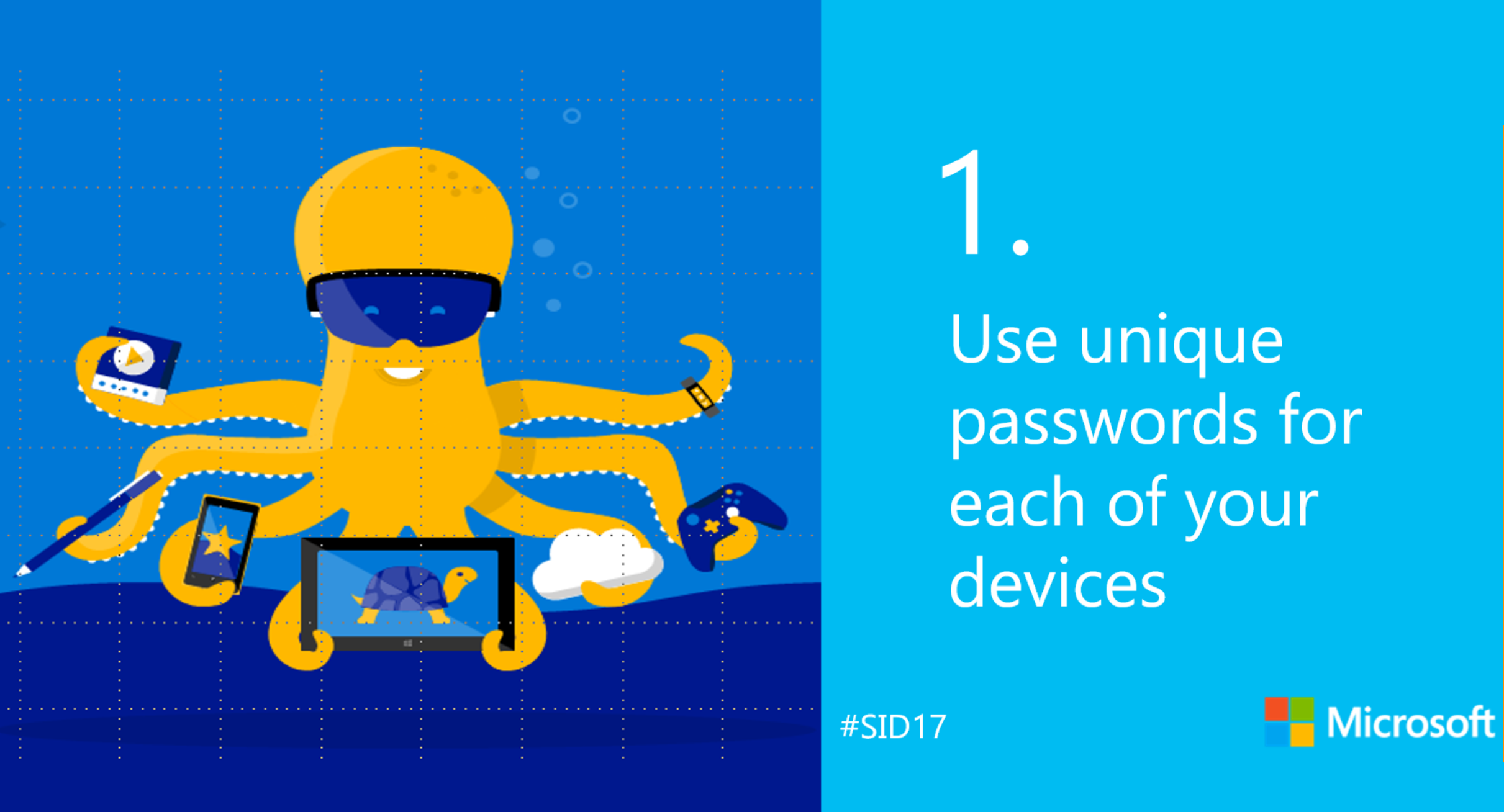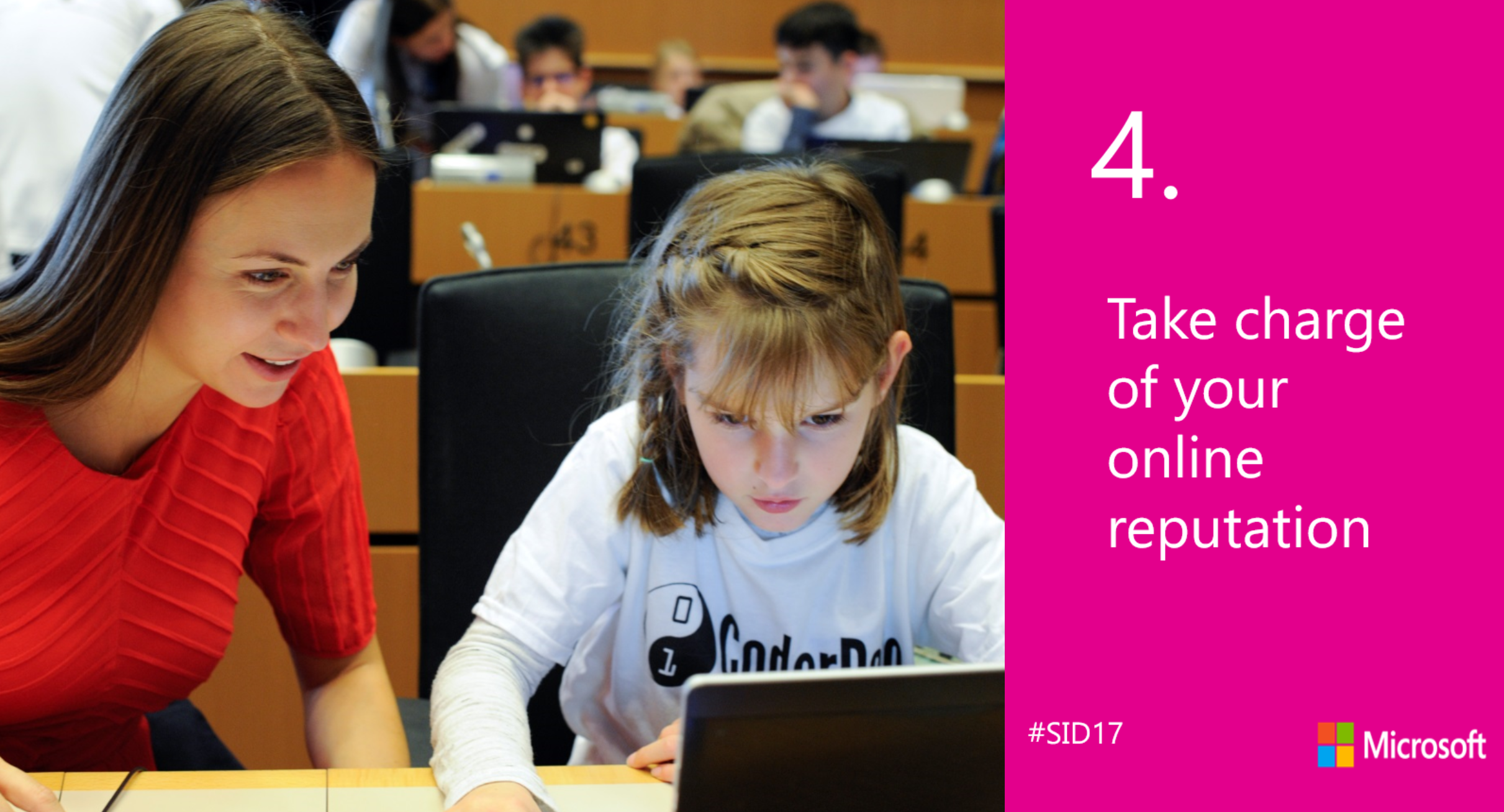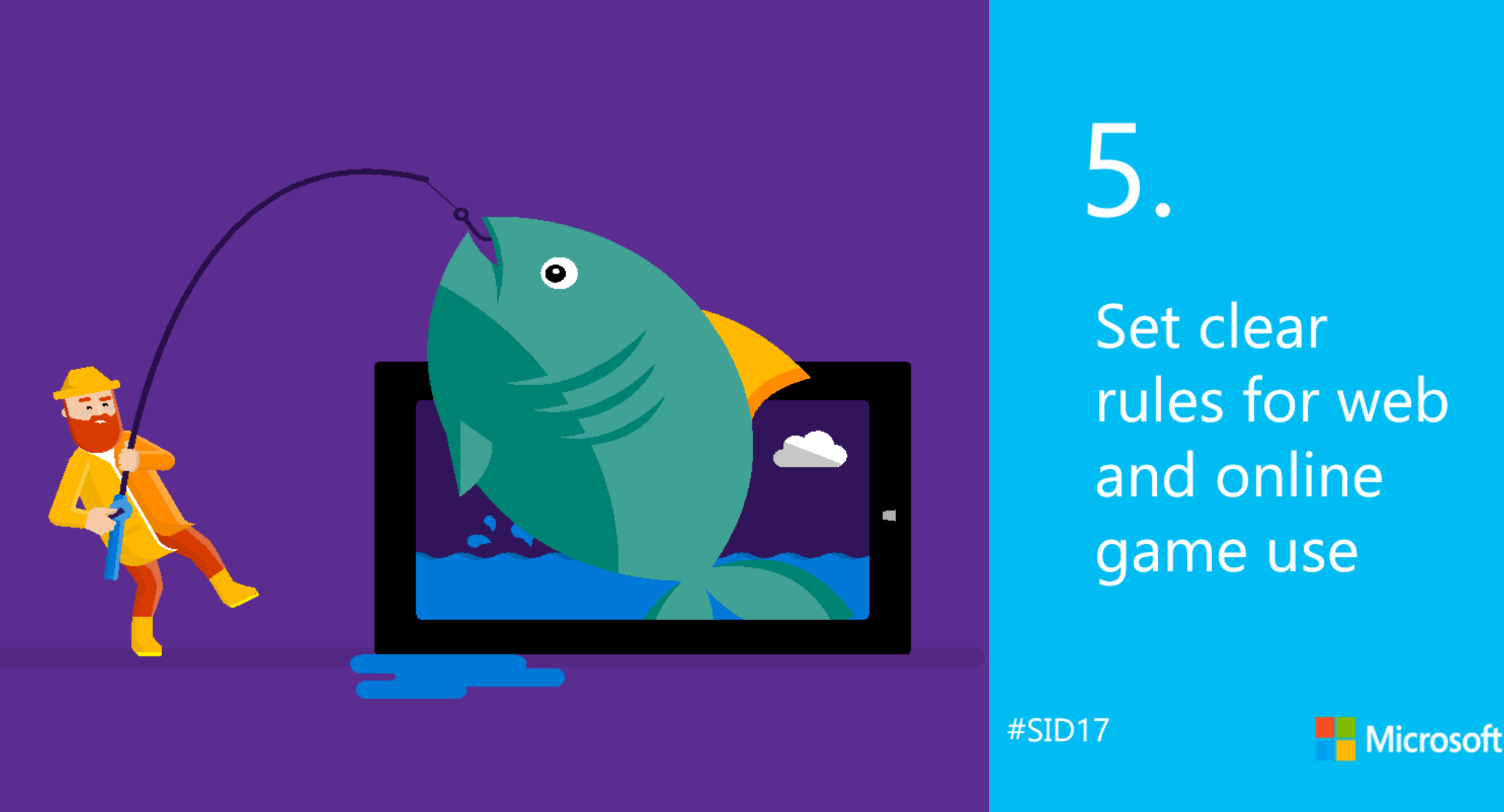To mark Safer Internet Day, Microsoft has released its Digital Civility Challenge – a set of four tenets to encourage people to think about their behaviour online and how it affects others, creating a safer experience for all users.
The company’s YouthSpark Hub also provides young people and adults alike with useful information for staying safer online, while encouraging everyone to be more civil.
With the aim of helping to make the internet a safer, more enjoyable environment for everyone, here are five quick tips to begin your online journey:
Choose your passwords wisely
If you had a safe, would you rather the door was made from cardboard or steel?
Passwords, like doors, are often the first line of defence for ensuring that your personal data and information are kept secure, and choosing a strong password is crucial.
Long phrases that mix capital and lowercase letters, numbers and symbols are ideal, and they don’t have to be complicated. Think of a memorable quote from a film or a song, make a few tweaks and you’re good to go:
BillieJeanisnotmylover!1982
Once you’ve got the knack of creating strong, memorable passwords, it’s important that you don’t use the same one for everything.
If you lost a key that opened your house, car, office and garage doors, all of those locations would be at risk.
Having a different password for your online banking service, email account, personal devices and more will go a long way to reducing privacy risks.
Play it safe
If a stranger knocked on your door and asked to come in, you’d more than likely refuse them entry.
Friend requests on social media sites can seem less intrusive than a person at your door, but it’s important to not let anyone and everyone in.
Social media sites often allow people to message you, and they also host your personal photos and information – all of which should only be shared with your family and friends.
You should also look for Setting or Options in services such as Facebook and Twitter to manage who can see your profile, view your photos and read your information.
In some cases, it’s also possible to restrict your profile appearing in searches, as well as control who can see certain sections of your information, and many services also provide the option to block specific users.
Protect your privacy

You will often have to enter personal and sensitive information online. Before doing so, look for signs that a webpage is secure, such as a web address with “https” and a closed padlock symbol beside it in the URL bar at the top of your screen.
You should also never give sensitive information, such as bank details, account numbers and passwords, in response to a request in an email or social network message.
It is important to make sure websites and emails are genuine, as there are phishing scams that pretend to be from a legitimate company, with the aim of tricking you into providing sensitive information.
You should also be wary of messages asking for (or promising) money. If something sounds too good to be true, it probably is.
Be aware of your reputation
Every now and again, you should re-evaluate your presence on the internet by searching for yourself online and viewing the results.
You might find that certain information (which you’d prefer to be private) is publicly available, so take the necessary actions to adjust your privacy settings accordingly.
In addition to this, you should ensure that the information that is publicly viewable portrays an accurate and positive representation of yourself.
Set clear rules for safe use
As with all forms of entertainment and media, certain things online are suitable for certain age ranges.
A mixture of guidance and monitoring – setting clear guidelines and ensuring that they’re followed – will help ensure that internet use will fit the correct maturity levels and your family’s values.
You should also pay attention to what children are doing online, and who they interact with. This applies not only to social networks, but games as well, which can often allow players to interact with each other via messaging or voice chat.
If you come across any offensive material or threatening behaviour, please report it. In Microsoft’s services, for example, keep an eye out for a Report Abuse link.
For more useful tips and information on staying safer online, please visit Microsoft’s YouthSpark Hub.








